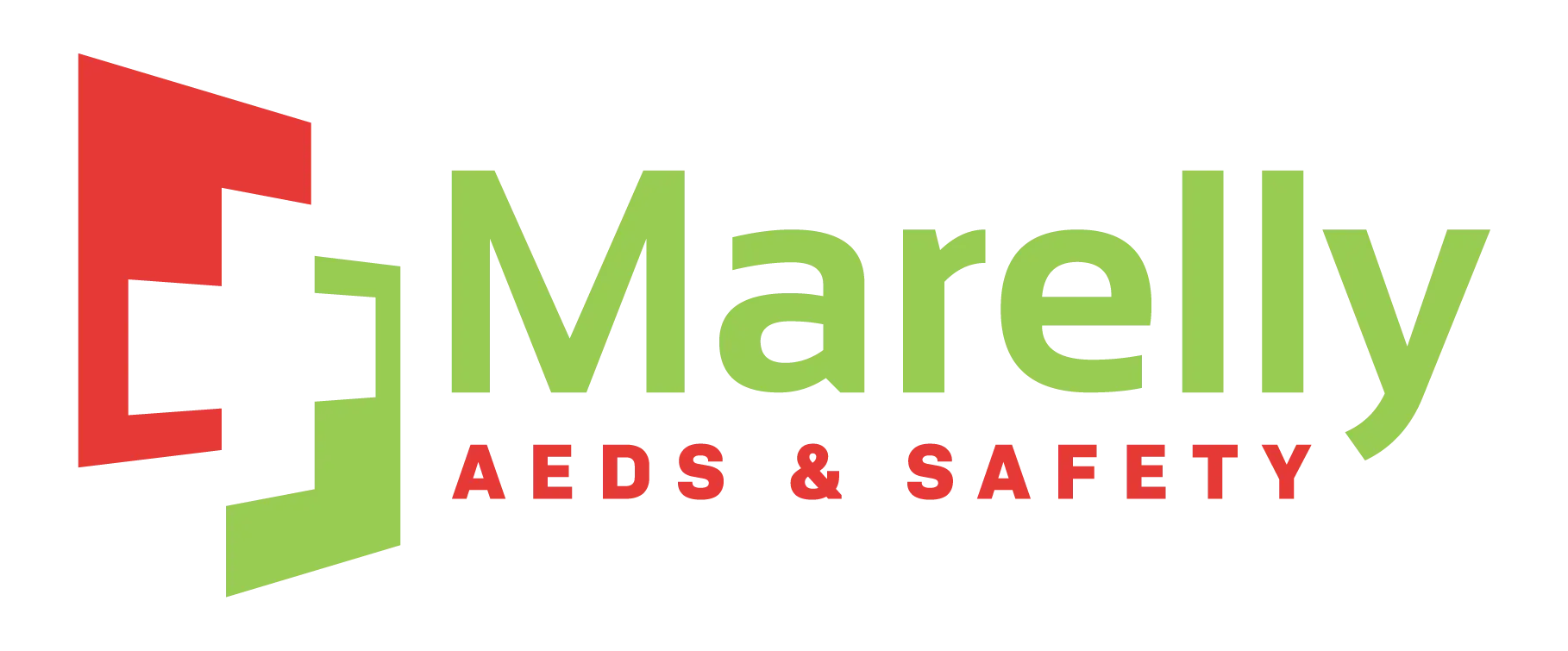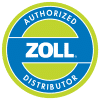Here are some short questions and short answers:If you want to learn more, just give us a call. We love to talk about this stuff!
When it comes to new AED sales, leasing and rental, we are exclusive to ZOLL by choice. However, we service and sell pads, batteries, and cabinets for all makes and models on a daily basis.
Absolutely. We take trade-ins every day. Call us to find out the value of your trade.
Sudden cardiac arrest (SCA) is a condition in which the heart suddenly and unexpectedly stops beating. In so many words, it is an electrical arrhythmia of the heart. Think of as the heart muscle just quivers and not properly beating. If this happens, blood stops flowing to the brain and other vital organs.
No. There is a difference. A heart attack is a “plumbing problem.” Usually, heart attacks have warning signs. However, most of the time, sudden cardiac arrest does not.
CPR is critical and definitely helps. In fact, 100% of SCA victims will need high quality CPR to survive. However, an AED is just as critical because the heart rhythm needs to be analyzed to determine if a shock is needed. Shocks are needed in about half of the cases of sudden cardiac arrest because the heart is experiencing Ventricular Fibrillation or Ventricular Tachycardia. The only scientific proven way to “de-fibrillate” a human heart, is through electrical therapy. Think of it as a CTRL-ALT-DEL function.
A semi automatic is the more traditional AED that requires the user to push the shock button. A fully automatic deliver the shock without the need to press a shock button. Think of it as more of a countdown to shock. This is a bigger difference than one initially perceives, and factors need to be discussed prior to quickly choosing which type to purchase.
It depends on the location. Most states require some type of physician (MD or DO) involvement with a workplace AED Program, as well as required routine inspections of the AEDs, and EMS Registration & notification. Other compliance requirements may apply. Give us a call and we can tell you, based on your state, what your requirements are.
Yes and No. In fact, AEDs are as different as can be from one make and model to the next. Yes, of course they all deliver electrotherapy (shock!), but truthfully, the similarities stop there.
It depends on the make and model. Reputable, well established leading technology AED Manufacturers carry shelf lives of over 15 years on their AEDs.
AED Pads expire because the conductivity gel can break down, therefore reducing the functionality and capability of the pads to properly deliver electrotherapy. Fact: The FDA determines the shelf life of pads, not the manufacturer.
Different gel compositions.
Expiration dates are different from warranty dates and true shelf life, after the batteries are installed. Dates vary from one manufacturer’s battery to another.


